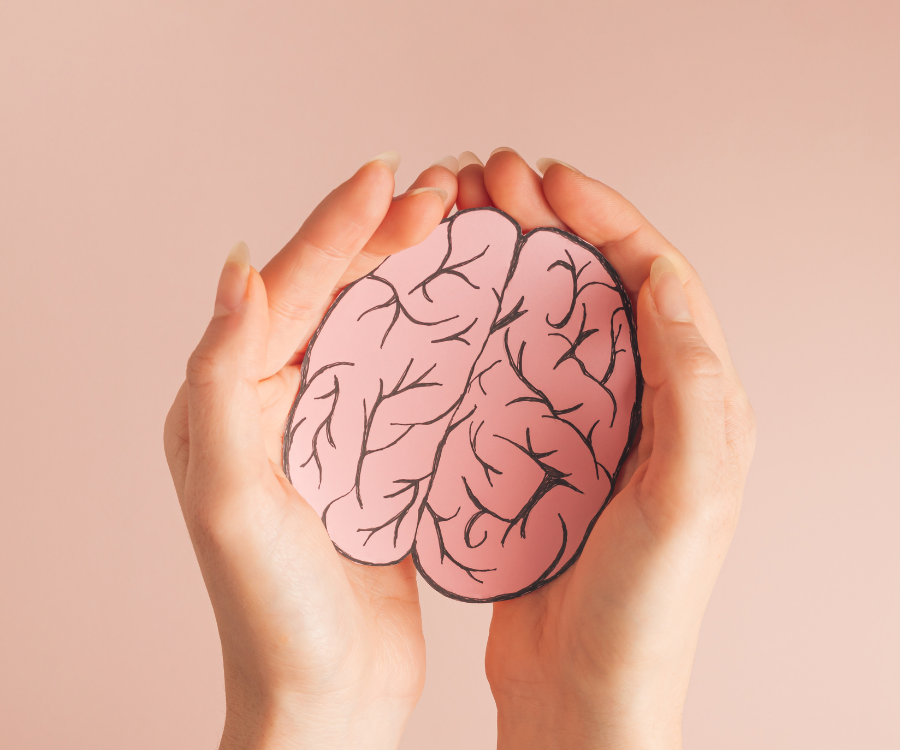When we think of a blood test, we usually picture checking cholesterol levels, blood sugar, or maybe a vitamin deficiency. But what if that same vial of blood could offer clues about what’s going on in your mind? The idea of a “blood test for depression” or “anxiety” sounds like something out of a sci-fi movie, but the link between our physical and mental health is more profound than we often realize.
It’s Not a Magic Bullet, But a Powerful Clue
Let’s be clear from the start: there isn’t one single blood test that can definitively diagnose a mental health condition like depression, bipolar disorder, or schizophrenia. A mental health diagnosis is a complex process that involves a detailed evaluation of symptoms, personal history, and a conversation with a qualified professional.
However, blood tests are becoming an increasingly valuable tool in that diagnostic journey. They aren’t about identifying the mental illness itself, but rather about ruling out other physical conditions that can mimic mental health symptoms and, in some cases, pointing to biological markers that are often associated with certain disorders.
The Physical Culprits That Can Mimic Mental Health Issues
One of the most important roles of a blood test in mental health is to play detective. Many physical conditions have symptoms that overlap with mental health disorders. For example:
- Thyroid Issues: An underactive thyroid (hypothyroidism) can cause fatigue, low mood, and difficulty concentrating—all classic symptoms of depression. A simple blood test for thyroid-stimulating hormone (TSH) can quickly confirm or rule out this possibility.
- Vitamin Deficiencies: A lack of essential vitamins, particularly Vitamin D and B12, is often linked to fatigue, mood swings, and even cognitive difficulties. Checking these levels can help explain a patient’s symptoms and guide treatment.
- Anemia: Low iron levels can lead to extreme fatigue, weakness, and a general feeling of malaise, which can easily be mistaken for a depressive episode.
- Inflammation: Research is increasingly exploring the link between chronic inflammation in the body and mental health disorders like depression. Markers of inflammation, like C-reactive protein (CRP), are being studied as potential indicators.
By running these basic tests, doctors can ensure that a patient isn’t being treated for a mental health condition when the root cause is actually a physical one. This saves time, frustration, and ensures the patient gets the right treatment from the start.
Biomarkers: The Future of Personalized Mental Healthcare
Beyond ruling out physical conditions, the cutting-edge of research is focused on identifying specific biomarkers for mental health disorders. These are biological indicators found in blood, saliva, or urine that could be used to predict, diagnose, or monitor a disorder.
For instance, some promising research is looking at:
- Brain-Derived Neurotrophic Factor (BDNF): This protein plays a crucial role in brain cell growth and survival. Low levels of BDNF have been consistently found in people with depression and anxiety.
- Genetic Markers: While not a blood test in the traditional sense, genetic testing is done with a blood or saliva sample. It can identify certain genetic variations that may make a person more susceptible to certain mental illnesses or affect their response to specific medications. This is the cornerstone of pharmacogenomics, which aims to personalize medication choices based on a person’s genetic makeup.
What to Expect at the Doctor’s Office
If you’re struggling with your mental health, it’s very likely your doctor will suggest a blood test. Don’t be alarmed—this is a standard and sensible part of the diagnostic process. It’s not about finding a magic answer, but about building a complete picture of your health. The results, combined with a thorough conversation about your symptoms, will help your healthcare provider develop the most effective treatment plan for you.
In the end, while a blood test can’t capture the complexity of human emotion and experience, it serves as a vital bridge between our physical and mental well-being. It’s a powerful tool that’s helping to transform mental healthcare, making it more precise, personalized, and integrated with our overall health.

